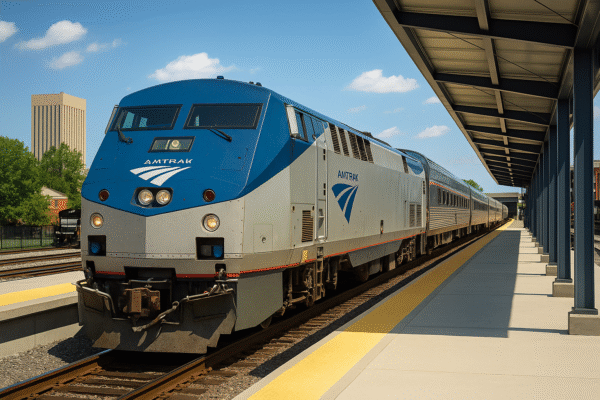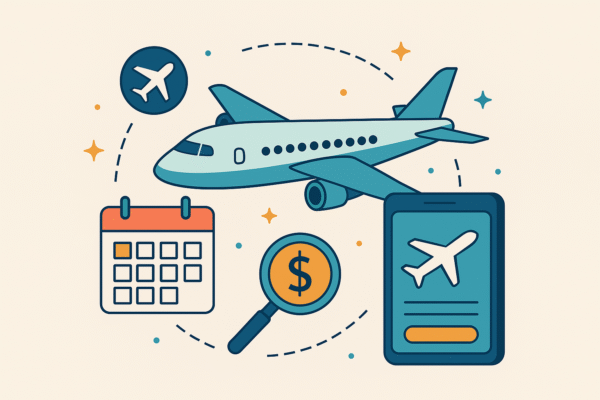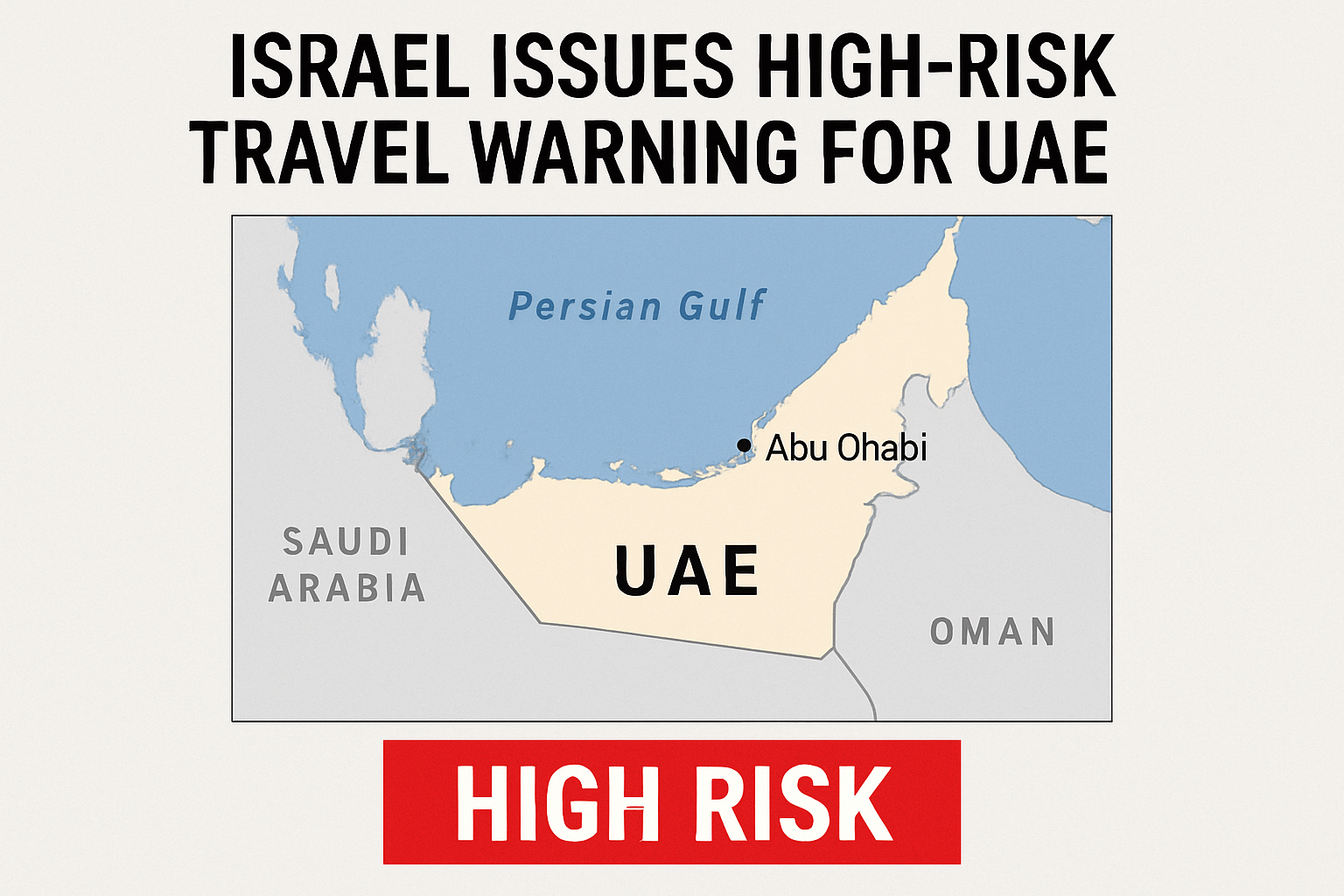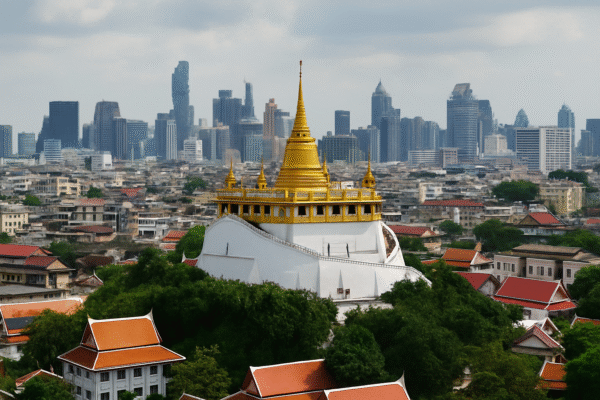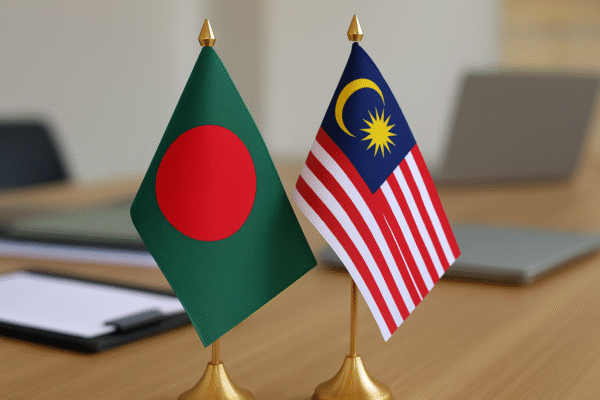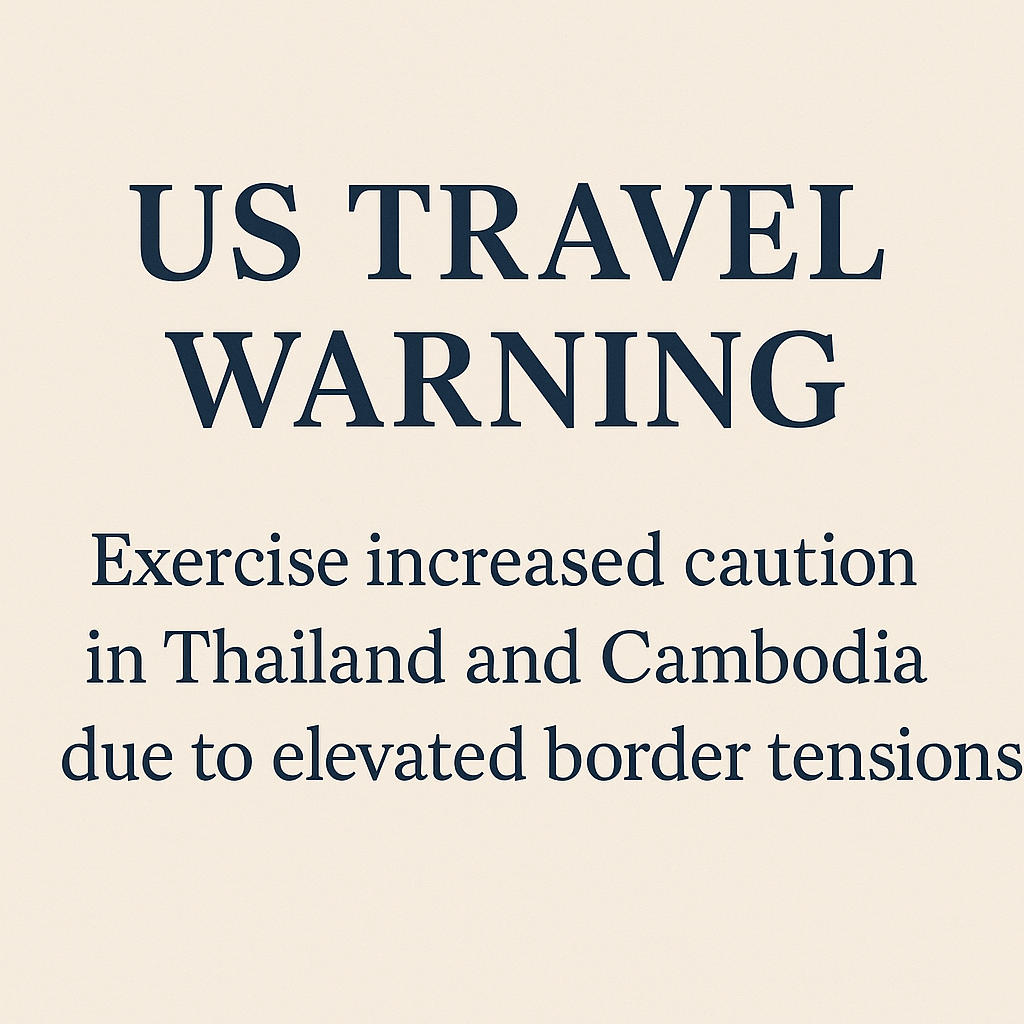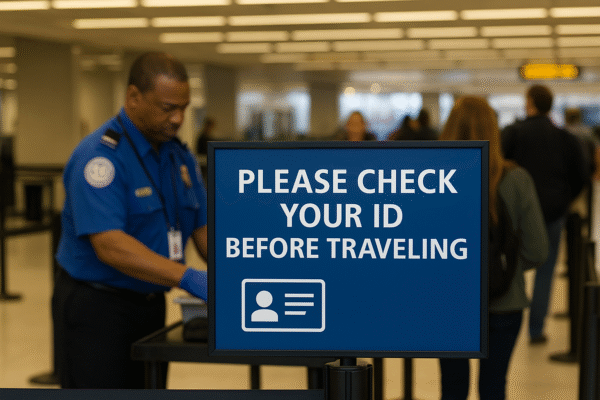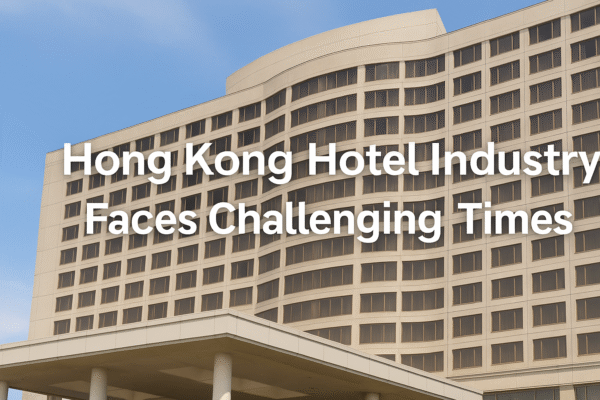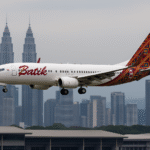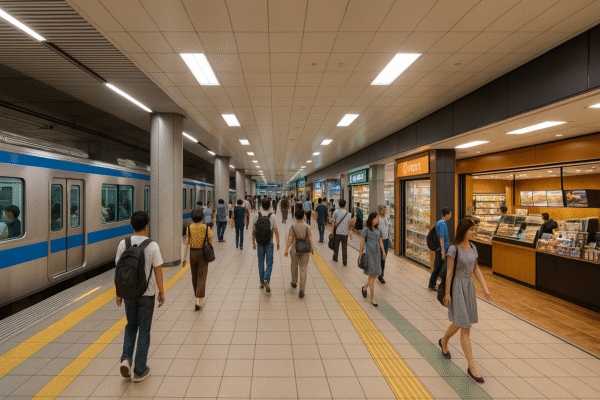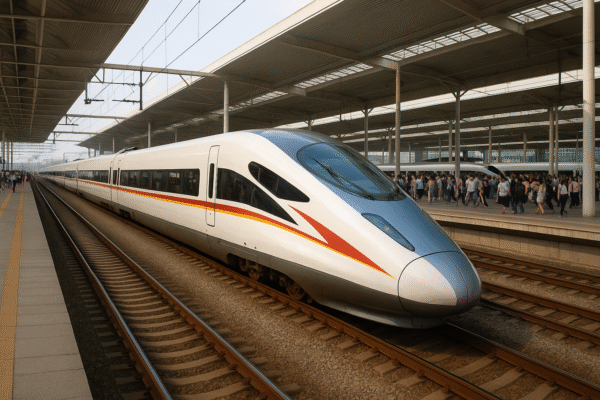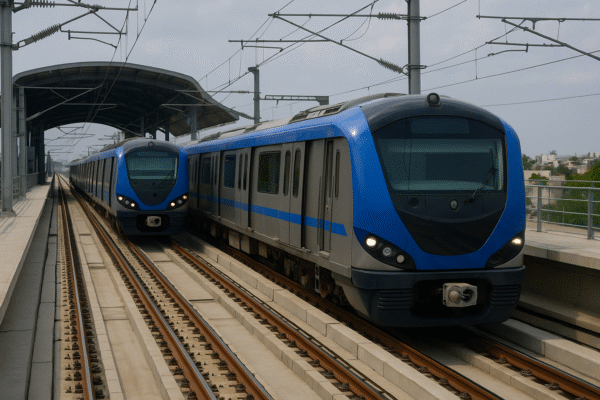The reintroduction of Hong Kong’s hotel accommodation tax in January 2025 has yielded significantly less revenue than projected, exacerbating financial pressure on the city’s hospitality sector despite a modest rebound in tourist arrivals. According to the Inland Revenue Department, only HK$189 million (approx. US$24.1 million) was collected in Q1, far below the annual target of HK$1.1 billion set by the government.
Hotel operators, already navigating sluggish global travel spending and competitive regional pricing, now find themselves in a tight squeeze. With room rates slashed to attract cost-conscious visitors, the 3% tax—once forecasted to bolster the city’s tourism budget—is proving to be a strain rather than a solution.
Accommodation Tax Reinstated After 17 Years
The 3% hotel accommodation tax, which had been suspended since 2008, was reinstated on January 1, 2025, as part of Hong Kong’s fiscal strategy to revive its tourism infrastructure and generate sustainable revenue. The tax was expected to generate over HK$1 billion annually to fund citywide promotional events and enhance visitor facilities, according to the Hong Kong Financial Services and the Treasury Bureau.
However, with only HK$189 million collected in the first three months, and second-quarter figures still pending, industry experts now question the feasibility of meeting the full-year target. Stakeholders warn that unless tourist spending increases significantly during the latter half of the year, especially during the peak travel season in Q4, the government’s projections will remain unmet.
Low Room Rates Undercut Tax Revenue
Despite an uptick in hotel occupancy—reaching 80% in June 2025, up 1.9% from the previous year—room rates have dropped by over 2%, according to data from the Hong Kong Tourism Board. Three-star hotels, which cater to the bulk of middle-income visitors, have seen rates dip to HK$600–HK$700 per night, comparable to nearby budget-friendly cities like Shenzhen.
This pricing trend, while helping to boost short-term occupancy, has shrunk the taxable revenue base. Many hoteliers argue that under current market conditions, the accommodation tax may be deterring competitive pricing rather than contributing meaningfully to recovery.
Hotel Owners and Lawmakers Raise Red Flags
Industry groups such as the Federation of Hong Kong Hotel Owners have openly criticized the government’s projections, calling them overly optimistic. In an interview with local media, the organization’s executive director highlighted how tighter spending by inbound travelers, particularly those from mainland China, has shifted demand toward budget accommodations.
Lawmaker Perry Yiu Pak-leung, who represents the tourism functional constituency, also weighed in, stating that “occupancy gains are being offset by reduced rates,” making the hotel sector’s performance appear healthier than it actually is. He stressed that policy support should prioritize long-term competitiveness, including relaxing outdated operational regulations—such as outdoor seating restrictions—to enhance guest experience and appeal.
Tourism Arrivals Increase, But Not Revenue
Tourist arrivals to Hong Kong rose by 12% in the first half of 2025 compared to the same period in 2024, with over 24 million visitors recorded, based on figures released by the Hong Kong Tourism Board. While this suggests a modest recovery in inbound travel, the city is still far from its pre-pandemic high of 65.1 million in 2018.
Mainland China remains the top source market, but economic pressures and shifting traveler preferences have resulted in reduced per-capita spending. As a result, the influx of tourists has not delivered a proportional economic boost to the hotel industry.
Major Events Offer a Glimmer of Hope
With a lineup of major international events—including Art Basel Hong Kong, Wine & Dine Festival, and a new global esports tournament—scheduled in the latter half of 2025, stakeholders hope these will inject much-needed spending into the sector.
The Tourism Commission has also increased its promotion budget to boost city branding and draw high-spending tourists. However, the lag in revenue recovery suggests that even major events may not be enough to offset existing structural issues unless accompanied by strategic policy shifts.
The Balancing Act: Occupancy vs. Profitability
Many hotel operators are now focusing on maximizing occupancy rates to survive, even if it means sacrificing profitability. “It’s about keeping the lights on,” said one hotel manager in Tsim Sha Tsui. “We can’t afford to lose tourists to neighboring destinations just because of a tax.”
Industry veterans agree that Hong Kong must re-evaluate its hospitality strategy, including pricing policies, infrastructure investments, and regulatory flexibility, to regain its edge as a premier Asian travel hub.
Government Support Still in Question
The government has yet to announce further relief or stimulus measures specifically targeting the hotel sector. While financial incentives were previously offered under COVID-19 recovery programs, hoteliers argue that these no longer address the evolving challenges of the current economic climate.
Suggestions include introducing short-term tax rebates, incentivizing hotel upgrades, and relaxing zoning regulations to allow for diversified hospitality services—especially as travelers increasingly seek experience-driven stays.
Conclusion: A Crucial Crossroads for Hong Kong Hotels
Hong Kong’s hospitality industry stands at a critical juncture. The reimposed accommodation tax has yet to meet expectations, and hotel operators are under pressure to keep prices low while maintaining service quality. Although tourist arrivals are trending upward, they haven’t translated into the economic revival many had hoped for.
With Q2 results looming and the peak travel season approaching, the government and industry stakeholders must act quickly. Whether through smarter tax structures, regulatory reform, or robust destination marketing, Hong Kong’s ability to recover and thrive in the global tourism economy will depend on coordinated action—and a willingness to adapt to changing travel realities.
For more travel news like this, keep reading Global Travel Wire

